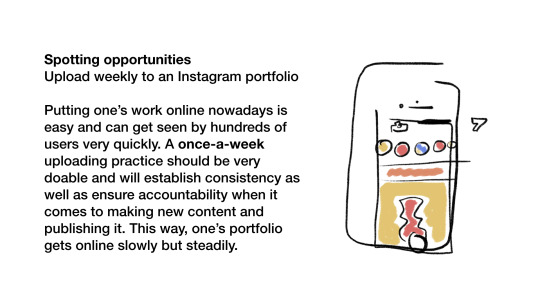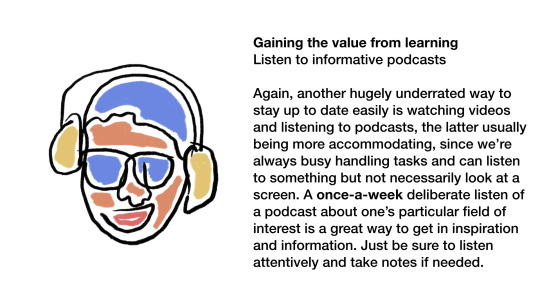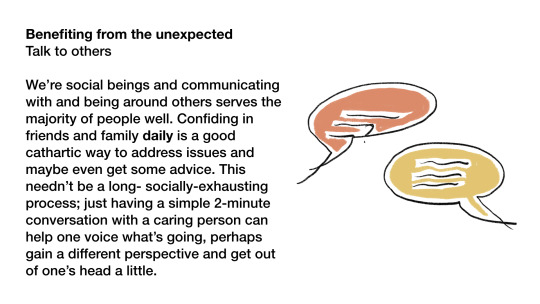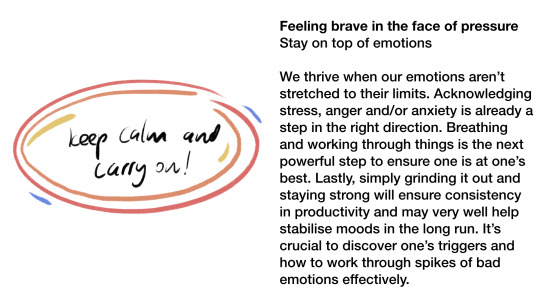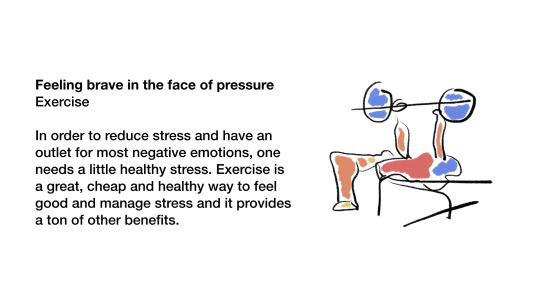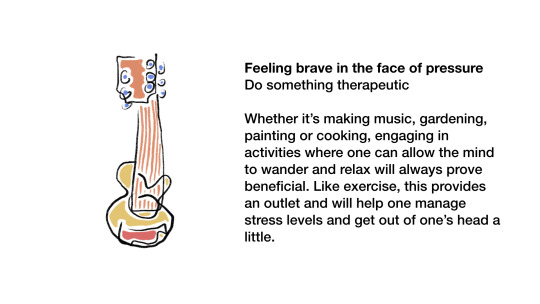How Willem scavenges for ideas, forges authenticity and comes up with content.
Don't wanna be here? Send us removal request.
Photo
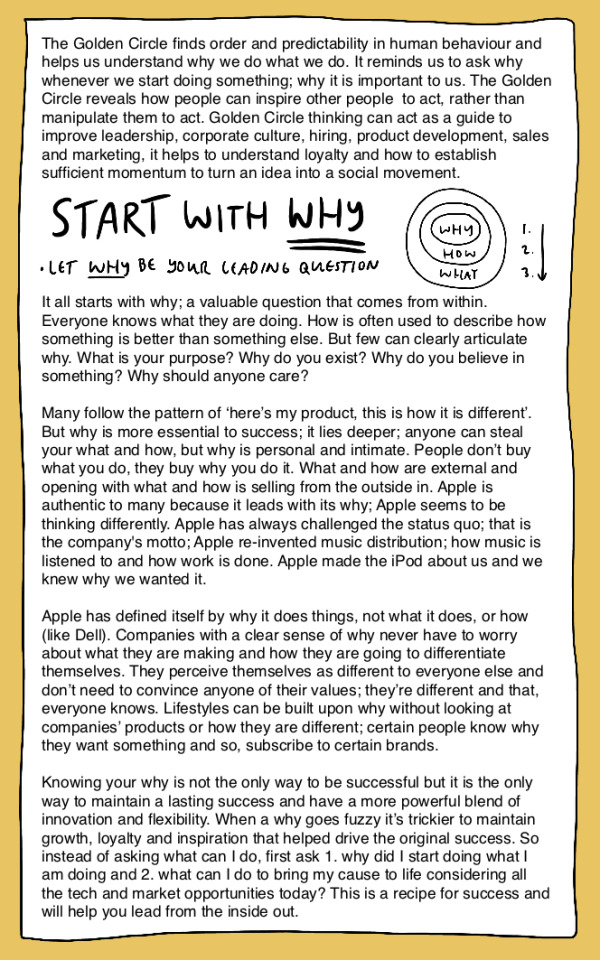
Reading reflection (week 6)
From Sinek, S. 2009. "Start with Why". London: Penguin Random House
0 notes
Photo
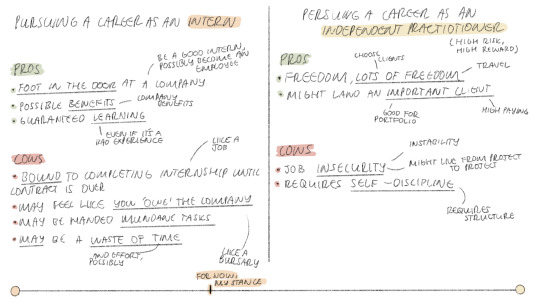
To Freelance or not to Freelance (week 5)
My plan is to play things safe for now and try to land an internship. I enjoy taking calculated risks but at this time I am unsure of what my passions and strengths are. Having an internship would provide a safe medium to experiment with this.
As pointed out in the mind-map above, freelancing would require extreme self-discipline; something I should get better at first. I could do this (while interning) through being disciplined in other facets of my life (like exercise, language learning, assignments).
Another reason an internship would be good is that it gives one a possible foot in the door; often interns become employees. Since I don’t have a broad network of connections that could provide lots of opportunities [at this stage] working at a company and befriending those on the inside would be the better way to go for me.
I am in no way poo-poo-ing freelancing; I’d love to give it a try one day in the future, say in 3 years from now. It’d be great to have the freedom of whom you work for, how long, when, where and at what rate. It’s just that stability would be better for me right now, rather than trying to create my own luck right off the bat.
0 notes
Text
Job hunting (week 4, assignment 4)

What about this position appeals to you?
The fact that a recruitment agency put it up, so I can know it’s from a reliable source • It’s located in Cape Town’s CBD • It’s claimed to be exciting and innovative
What about this position appeals to you?
The fact that I might not qualify as previously disadvantaged • Experience has to be mid- I’m low at this stage
What more would you need to know about this position before you apply?
What exactly is the salary range? To me, ‘negotiable’ could mean anything, and a range would be great
How does this position relate to your envisioned career trajectory?
I would like to use my experience in code a little • it is in the field of both UX and UI
https://vgp.co.za/job/ux-ui-designer-innovative-tech-brand-cape-town-cbd/

What about this position appeals to you?
It sounds like candidates should have good personality traits above possessing skills or tons of experience- passion seems to be favoured over technical skills. Sounds like the place for me- not taking themselves too seriously, but serious about being passionate and hard work. Entry-level candidates will be considered, it’s located in Cape Town’s CBD, is an exciting and relatable job posting.
What about this position appeals to you?
The fact that it is expected that candidates read the latest UX/UI literature- something I do not do at this stage yet but want to work on
What more would you need to know about this position before you apply?
What exactly does TouchFoundry do? Sounds like a cool company, I can look them up to see what kind of work they produce, whom they’ve worked with etc.
How does this position relate to your envisioned career trajectory?
Again, this job involves UX and UI design. The softwares this company requires candidates to be skilled in are softwares I’d like to get better in.
https://za.linkedin.com/jobs/view/ux-ui-designer-at-touchfoundry-1729446416?utm_campaign=google_jobs_apply&utm_source=google_jobs_apply&utm_medium=organic

What about this position appeals to you?
It sounds like it’s well within my capabilities. I like that it’s full time. It seems to welcome juniors.
What about this position intimidates you?
It almost sounds too easy to get into this- not sure if this will be stimulating enough and provide enough challenge to enable growth. Also, this is a far ways out of Cape Town’s CBD- commuting would quickly get exhausting and futile.
What more would you need to know about this position before you apply?
Not much, to be honest.
How does this position relate to your envisioned career trajectory?
I am a junior and would relate well to a job where juniors are welcomed with opened arms.
https://za.linkedin.com/jobs/view/junior-ux-designer-at-goldman-tech-333508111?utm_campaign=google_jobs_apply&utm_source=google_jobs_apply&utm_medium=organic
0 notes
Photo

Reading Reflection (week 4)
From: Clark. D. 2020. Build a Network — Even When You Don’t Think You Need One, "Harvard Business Review". [Online]. <Available: https://hbr.org/2020/02/build-a-network-even-when-you-dont-think-you-need-one>
0 notes
Text
Interview questions (week 4)
Where do you see yourself in 5 years from now?
Having a stable job and being able to travel wherever and whenever, being able to work remotely, married to my girlfriend.
What are your biggest strengths?
Having a good attitude, being competent and confident and getting along well with new people.
What are your biggest weaknesses?
Being prejudiced, being too sensitive and gaining confidence too quickly.
What is the biggest challenge you’ve had to overcome?
Comparing myself to others. This is still a challenge and is sometimes beneficial, but this is now something I’ve got under control.
What was the most valuable aspect of your studies?
Learning to work consistently, not particularly hard or smart. Making a habit out of engaging in my studies helped establish momentum.
What are you currently reading?
Fineks by Deon Meyer (1996), Afrikaans crime fiction, the English title for it is Dead Before Dying.
How do you work under pressure?
I perform well under pressure; my work is more consistent and my focus increases on the deadline at hand. It’s important to maintain a cool head, so I will give attention to things that keep stress levels at bay.
How do you work in teams?
I connect with people easily but still lack some solid leadership traits, which I wish to strengthen.
Who do you look up to in this field and why?
Apple. Instagram. The Google suite.
What would make this your dream-job?
Enjoyable, shorter projects, a salary that would enable much financial freedom and lunch breaks that would allow for workout sessions.
Describe your personality…
Outgoing, energetic, charismatic, friendly.
What does your ideal work-environment look like?
Playful, aesthetic, collaborative, open and stimulating.
What drew you to this position?
The benefits/I like your company/this job comes with plenty of opportunities come
What do you do in your spare time?
I exercise, make music, cook and spend time with my partner and friends.
What attributes do you value in a colleague?
Friendliness, willingness to learn new things, being able to teach new things and providing a sense of accountability.
What is the biggest life lesson that you’ve learned?
You’re more capable than you think you are.
What drives you to follow a career in this field?
It’s my field of study and something I could wake up excited about every day.
If you could change anything in the world, what would it be?
Better paid doctors and teachers.
How do you feel about the future of South Africa?
Optimistic; I have a lot of faith in our generation and our awareness and ever growing connectedness is tackling social issues daily.
Do you have any questions about this organisation?
Yes, what are the health benefits?
Can one work around lunch breaks to fit in a mid-day gym session?
Do you have any questions about this position?
0 notes
Text
Reading reflection, week 3
A short summary from Shaughnessy, A. 2010. How to be a graphic designer without losing your soul. London: Laurence King, 28-36
Practice cultural awareness, communication skills and integrity; attitudes of mind, if you will. These are acquired through doing and thinking about doing. Of course you need more than just that, you also need practical skills; those you are able to learn through teaching but bettered through doing.
You need enough time to do work and it’s only an illusion that we don’t have enough time; the real issue is managing our time. Professionalism and time management are linked; miss a deadline, lose a client. Anxiety is essential to passion and commitment, but it makes time management real tricky and makes time feel like it’s running through our fingers, so manage it.
You control the rate at which time passes, not the clock or a client. So chop projects into manageable chunks and have reachable milestones. Control is greater when there are a larger number of smaller achievements.
Also, prioritise and do the unappealing parts first. Also be sure to push through tricky parts and end on a high note; this will ensure enthusiasm upon your return to the project. Add buffers into your schedule to account for unexpected interruptions.

Invest time into research and designing. Look out for clients’ dumps of background information and use data mining to your advantage to concoct something new and different. Do your own research and do it well; design and good research go hand-in-hand. A great way to do this is to get a profound understanding of your clients and start exploring, using your intuition. It’s a creative process and not step-by-step. It’s also really important to make sure you identify where you fit into the creative process and the team. Ask yourself what you contribute to in terms of research and what value others bring to research. Design is a combination of research mixed with imagination.
Remember and reinforce the importance of ideas, intuition and imagination. However, remember to research well and implement solid strategy to maintain the respect of strategy-driven clients. Like with Wolff Olins, it’s important to integrate seamlessly strategic ‘business thinking with intuitive creativity’. Good strategy in design is combining research with market or audience intelligence; ‘combining knowledge of technological developments with current’ behaviour patterns; ‘evaluating expenditure in relation to effectiveness’ and lastly, ‘having a grasp of human psychology and behaviour and familiarity with trends, fashions and customs’
Through good presentations, you can justify, defend and explain the ideas that came about through unconscious creative processes; it’ll always be relevant and crucial to be able to communicate your ideas effectively. Life will be harder if you can’t discuss your work objectively and put yourself in others’ shoes. Ideas have to be questioned and scrutinised and these questions have to be asked and answered. Many ideas get rejected not because they’re bad ideas but because they’re presented badly. Remember to make presentations stem from the heart and not a manual and have conviction; it’ll grow with time and practice.
When writing, remember to write with precision, brevity and without faffing about. Write in short sharp sentences and master the art of omission; befriend your delete key- there’s no sentence that can’t be improved by deletion.
Not everything has to be done visually, embrace writing. Handling text is a priceless attribute and making text changes can often rescue works from being write-offs. It’s crucial to keep writing and keep reading; it keeps you smart and makes you desirable.
When you’re done writing, change the visual layout (font, point size etc) and it’ll illuminate your patterns. Rewrite constantly. Edit as much as you can. Most writing happens in the editing; the first draft is rarely the best. Allow lots of time to pass before declaring a text finished. Lastly, write in plain English and avoid jargon.
0 notes
Text
Reading reflection 2
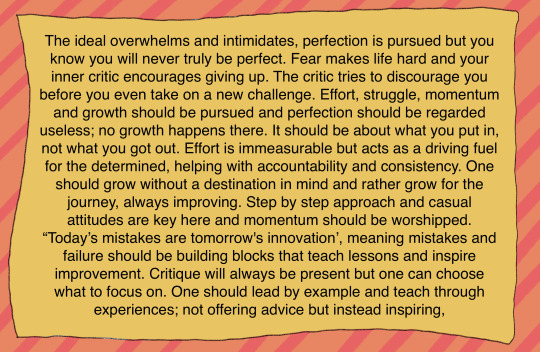
From Lidsky, I. 2017. "EYES WIDE OPEN: Overcoming Obstacles and Recognizing Opportunities in a World That Can’t See Clearly". New York: Penguin Random House
0 notes
Text
Reading reflection, week 1
Re-imagining your career, constantly
Careers are made up of dozens of different jobs nowadays, people don’t work for 40 years at a time in one job anymore. What’s needed now is to be open to jobs and be able to learn new skills constantly and knowing when to ditch certain unusable pursuit and time-wasters. Embrace opportunities and don’t be afraid to focus on the wrong things initially. If you can’t find your niche, give attention to all the areas that do interest you, for a broader field of interests and hence opportunities. Your own passion, your search for meaning should be what guides you. Generally, people who love what they do are better at staying on track, constantly gaining new skills, continuing to push forward. “The moment you move to protecting the status quo instead of disrupting the status quo, you put yourself at risk” - in essence, look at what else you can learn, instead of getting all defensive about what you know now.
Making your own luck
We’ll all probably be doing work that’s unimaginable to us now- how does one prepare for an uncertain future like that.
1. Look beyond the job title, and focus on your mission
Titles are a trap. Focus not on your role, ask yourself what you wanna accomplish; what problem are you solving, what do you want to create. Adopt a mission and reframe ambitions so others get excited and connect with you. Aligning your values with potential companies and collaborators.

2. Explore new tech with enthusiasm
Don’t master specific technologies but rather how technology in general matches.
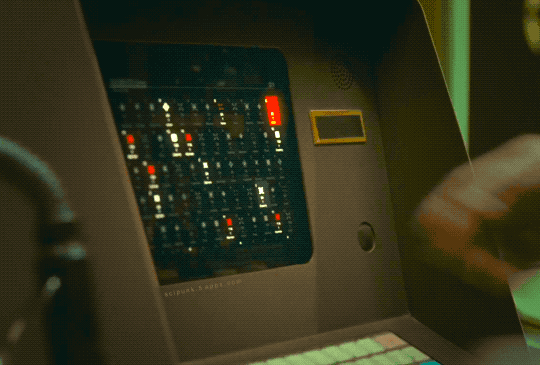
3. Make a habit of helping people whenever you can
“We’re not good at everything; we’re not good by ourselves”. Building relationships is essential for survival and idea-making. The best way to build relationships is through helping each other and it should be a regular thing which in itself is the reward.

4. Be proactive and take on additional projects. Pitch new projects, too
No one else is gonna think up ways to make your career better, it’s up to you. Employers are looking for those who can think critically, can do what tech can’t and those who can invent, adapt and reinvent their jobs daily in an ever-changing market.

5. Get and stay lucky; stay open and alert
Luck is the outcome of a specific set of character traits. Being lucky is a way to be in the world and that can be cultivated. Be open-minded, upbeat, productive and constantly willing to try new things. Also maintain alertness about unexpected possibilities.

6. Always ask “what’s next”?
This shouldn’t disengage you from where you are currently, but rather in a way that allows you to be pushed and hones in your passion.

0 notes
Photo
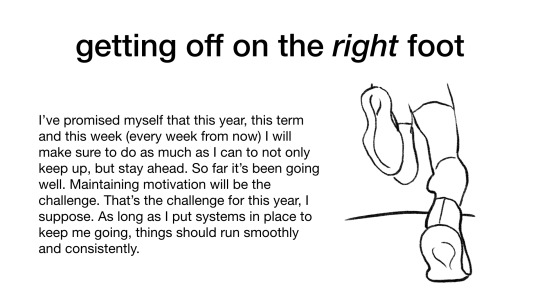

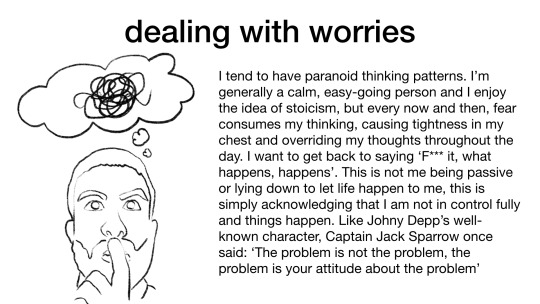
How I’m gonna make my third year my best year ( Term 1, assignment 1)
Through some self-reflection I’ve come to realise what’s on my mind constantly and what I want to change and keep. Above are the three things that have surfaced through a reflection exercise in which some of my attributes were ranked in order of how much they need working on.
1. self-management
2. diligence
3. authenticity
4. professionalism
5. curiosity
6. resilience
7. agility
8. confidence
9. passion
10. playfulness
0 notes
Photo
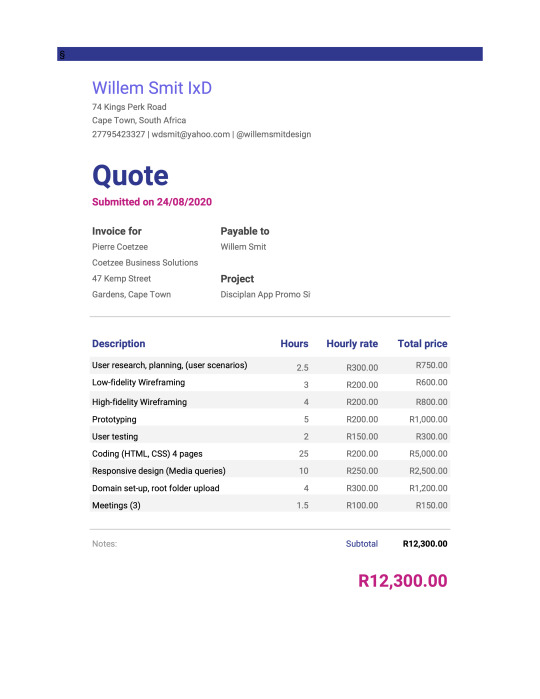
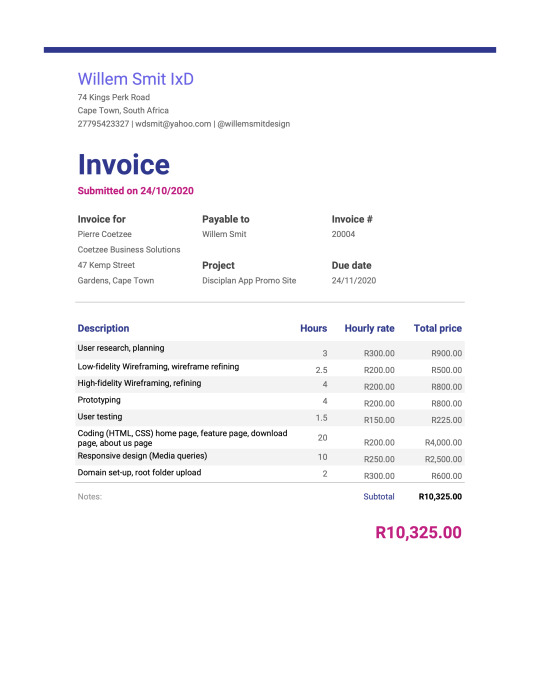
Quote and Invoice (Task 5)
A mockup quote and Invoice document for an imaginary future freelance job in UI/UX.
1 note
·
View note
Text
Reading Reflection 5
My score on Kilman’s test? An 8 in two of ‘em. One in Compromising (sharing) and one in Accommodating (smoothing). So in phrases, that’d be ‘split the difference’ and ‘kill your enemies with kindness’, respectfully.
Of course, there are many things to consider. 1. This was only tested once. 2. This test may have been updated since this 2007 version of it. 3. I’m not particularly fond of testing myself like this and may have a negative attitude towards this test, a bias not in the test’s favour at the least. 4.Lastly, a point also made on the explanation that follows the test; one isn’t absolutely only this one person and one can play different roles in different scenarios. However, for the sake of introspection, let me analyse my results according to Kilman’s explanation to Kilman’s test.
A low score (2) in competing. I don’t often feel powerless in situations and I am not uncomfortable in using ‘my power’. So a strong disagree with point 1. Having trouble taking a firm stand, however is right up my alley. I don’t always jump into situations and force myself onto others or take drastic action. My way of doing things is more of a ‘let things play out how they should play out’ nature.
Do I resort to compromising?

1. Agree. 2. Yes, this is true. 3. Sure! 4. Yes. 5. Yup. Okay, I’d say a compromiser, sure!

Yes, it’s a bit of a hindrance sometimes.
Not really, no.
And I’m also an avoider, according to this here test.
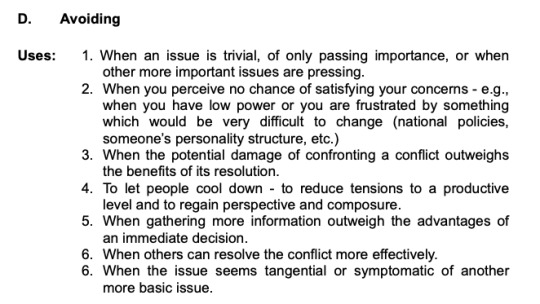
1. Yes, trivial issues get avoided and a ‘meh’ attitude is exercised. 2. Again, I’m more of a ‘it’s beyond my control, so eh’ kind of attitude. Not bad in my opinion, if anything, quite wise even if I must say so myself. I realise I can control very little in life and accepting that is not avoiding anything, it’s simply acceptance. 3. Not too sure about this one. 4. I do let people cool down and take a step back, so yes, we have agreement here. 5. Absolutely yes. However, I’m also impulsive. 72% accurate. 6. I’d say I give a strong nope here and there when things aren’t my problem. So yeah, I guess I avoid in this context. 7. I do believe avoidance is the way to go, yes.

Nope. I’m very vocal. 2. Not at all. 3. No, thinking goes into my decisions.
To conclude, I definitely resort to compromising. Not so sure about me also using avoidance to deal with challenges. I believe I’d score differently if I were to take this test again. It’s likely that I’ll get compromising again, but not so much with avoidance.
1 note
·
View note
Photo





My results on the Thomas-Kilman Conflict Mode Instrument (for Reading Reflection 5)
https://trello-attachments.s3.amazonaws.com/5d72c569cce6e5015f6b4d0b/5dadc5dbd6cd5d2d70e05ebd/x/5f4afd2dcfa1c28b7219feba29f1f51b/THOMAS-KILMANN_CONFLICT_MODE_INSTRUMENT_(1).pdf
0 notes















